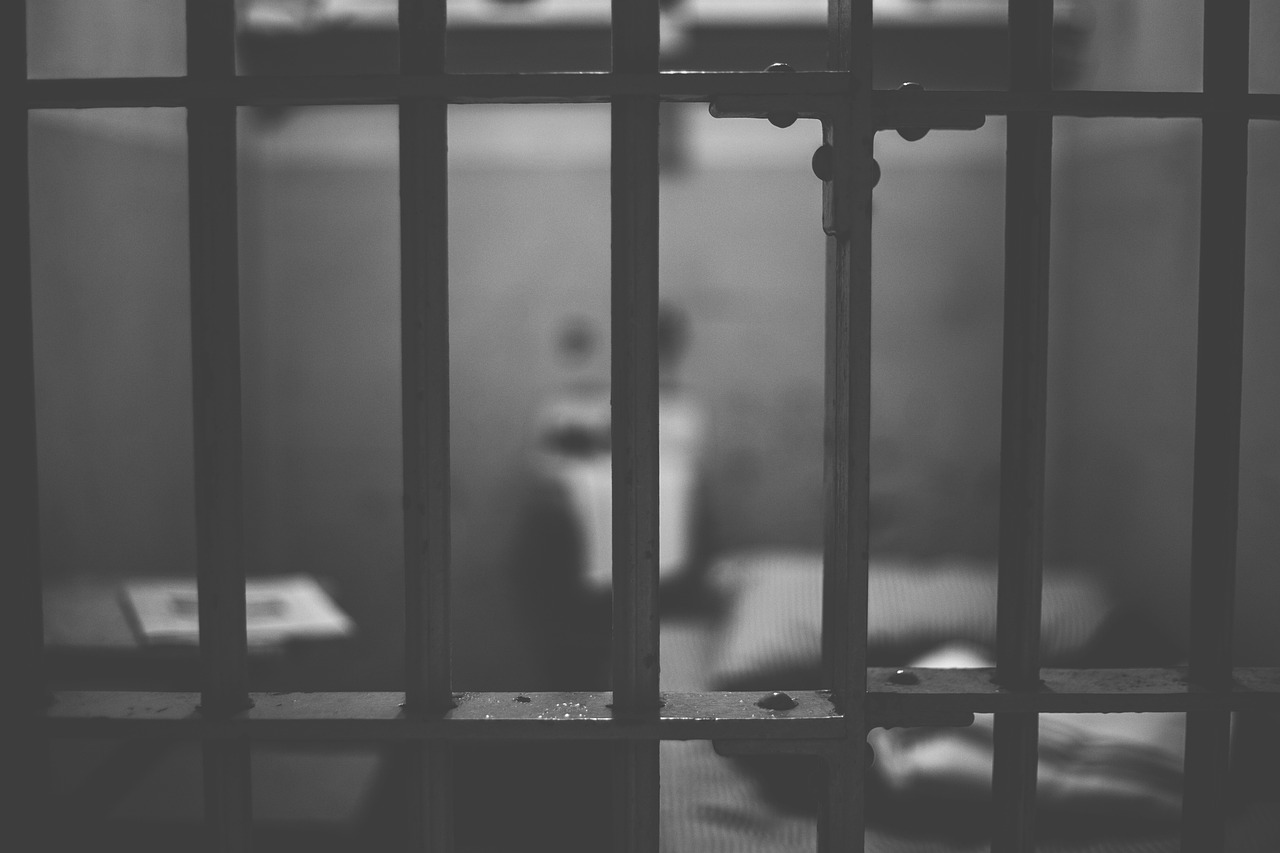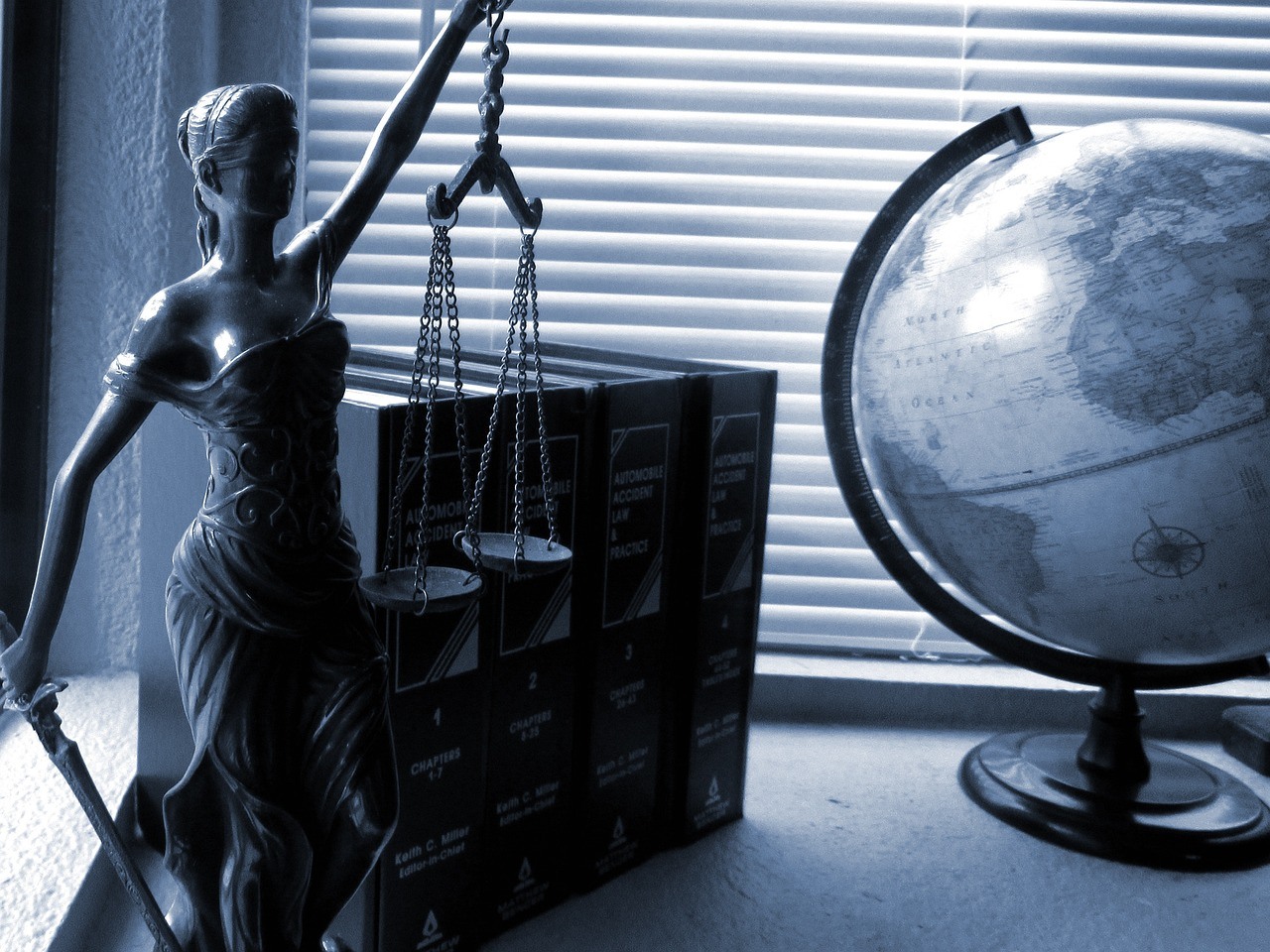The legal term for the act of withholding information in the context of law often goes by ‘non-disclosure’ or ‘withholding evidence.’ This involves deliberately keeping back information that might be relevant to a case or transaction. This term can come up in various situations, including court cases, business dealings, or governmental affairs.
The concept of withholding information is not new. It dates back centuries and has roots in the common law traditions, where transparency and full disclosure became key to fair proceedings. In fact, historical records show that laws surrounding non-disclosure were put in place to prevent fraudulent activities and to promote honesty, trust and integrity in legal systems.
Understanding the usage of non-disclosure helps in recognizing its implications in modern contexts. For example, failing to disclose crucial evidence in a court case can lead to mistrials or wrongful convictions. Similarly, in business, not revealing vital information can result in lawsuits or financial repercussions. These examples underscore the importance of full transparency in maintaining justice and fairness across various settings.
Implications and Consequences of Withholding Information
Choosing not to disclose important information can lead to serious legal consequences. In legal settings, this can mean facing charges of obstruction of justice, perjury or even contempt of court. These charges can result in fines, imprisonment, or both, depending on the severity of the non-disclosure.
To illustrate, there have been numerous cases where individuals or organizations faced hefty penalties for withholding information. For instance, in some high-profile corporate fraud cases, executives were found guilty of hiding financial data, leading to their convictions and long-term prison sentences. In other situations, withholding evidence in criminal cases has led to overturned convictions, new trials and significant legal battles.
Beyond the legal penalties, withholding information can severely damage trust and credibility. In the courtroom, attorneys, judges and jurors rely on the integrity of presented evidence. When information is deliberately kept back, it undermines the entire justice process, casting doubt on the fairness of proceedings and outcomes.
In a professional setting, non-disclosure can erode relationships and harm reputations. Clients, partners and stakeholders expect transparency. Breaches of this trust due to withholding crucial information can result in lost business, tarnished reputations and ongoing legal issues. Transparency and honesty are not just ethical responsibilities, but also pillars that support effective and lawful operations.
Best Practices and Ethical Considerations
To avoid the pitfalls of withholding information, legal professionals and individuals must adhere to well-recognized guidelines and best practices. Full disclosure is a cornerstone of ethical conduct, ensuring that all parties involved have access to the information they need to make informed decisions.
For legal professionals, it is vital to cultivate a habit of meticulous documentation and transparent communication. Keeping detailed records and promptly sharing relevant information can prevent misunderstandings and legal challenges. Involving all stakeholders in the information-sharing process engenders trust and fosters a collaborative environment.
Ethical guidelines also play a crucial role in guiding behavior. Many professional organizations and legal bodies have codes of conduct that emphasize the importance of honesty and integrity. For example, lawyers are often mandated by their governing bodies to disclose all material facts and evidence that could influence a case’s outcome. Failure to adhere to these ethical standards can result in disciplinary actions, including suspension or disbarment.
Real-world examples offer valuable lessons. Consider instances where full disclosure has led to successful resolutions and fair outcomes. These stories highlight the importance of transparency and the positive impact it can have on trust and justice. On the flip side, cases where information was withheld remind us of the potential consequences and underscore the need for vigilance in our professional and personal dealings.
Ultimately, maintaining ethical standards and following best practices for information sharing not only safeguards one from legal penalties, but also builds a foundation of trust. Whether in the courtroom or the boardroom, transparency and honesty are the keys to fostering a fair and just environment.



